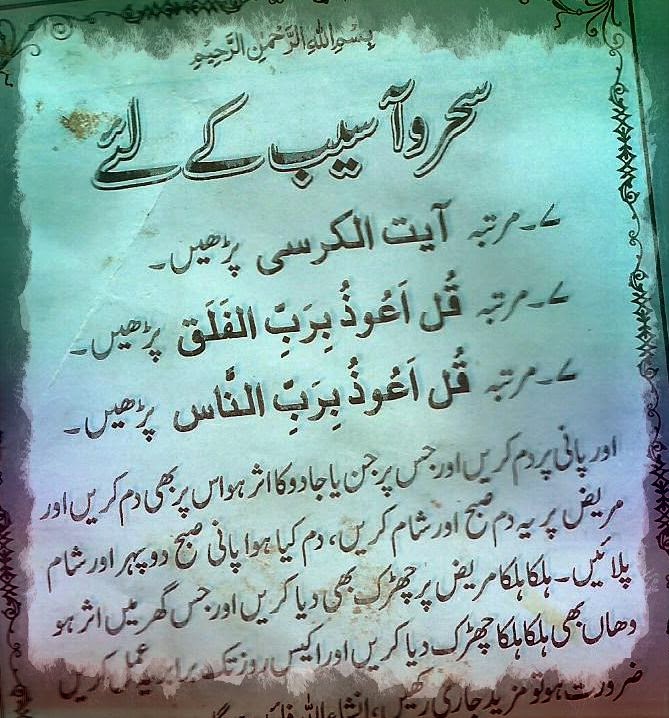
Sha`ban is one of the meritorious months for which we find particular instructions in the Sunnah of Prophet Muhammad . It is reported in authentic ahadith that Prophet Muhammad , used to fast most of the month in Sha`ban. These fasts are supererogatory (nafl) and well deserving of reward, for Sha`ban is the month immediately preceding the month of Ramadan. The Prophet mentioned in a hadith, "Rajab is the month of Allah,...
































